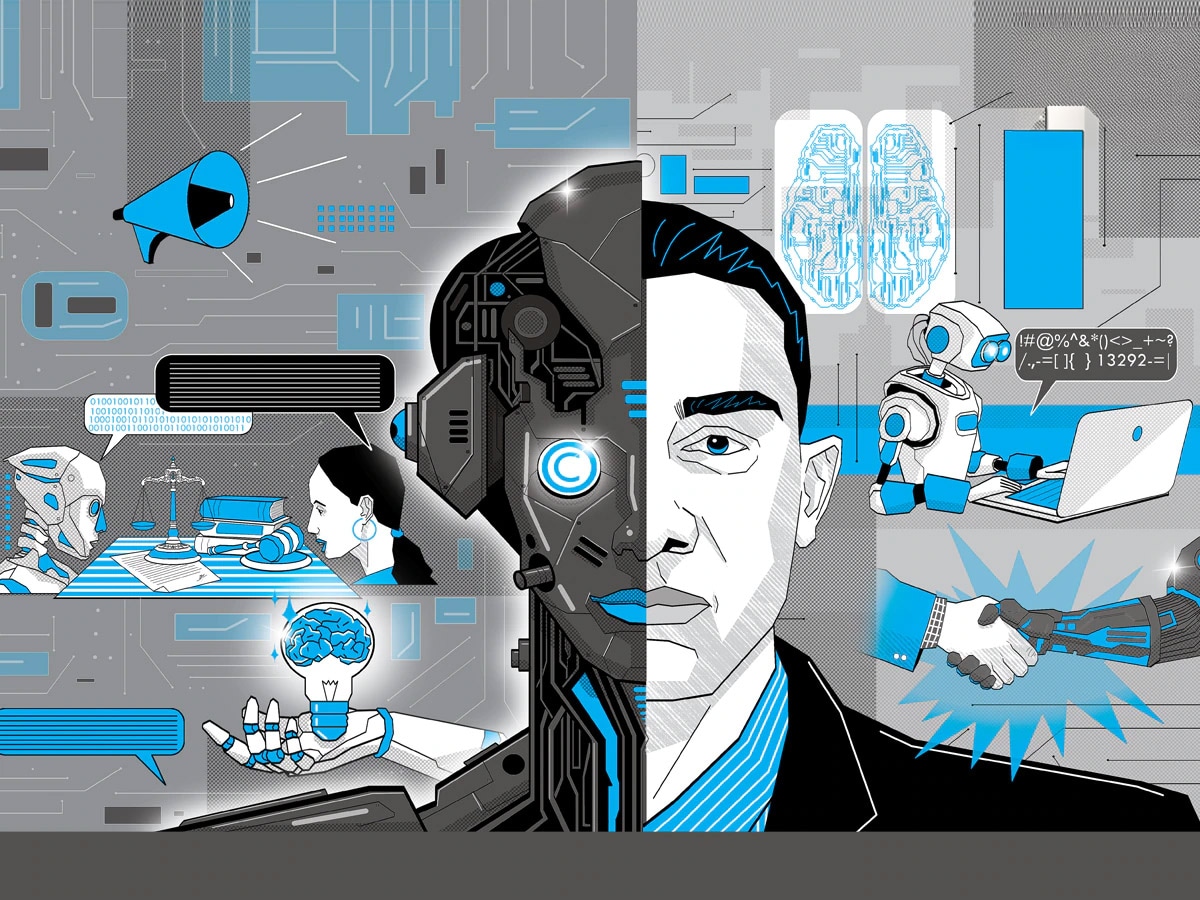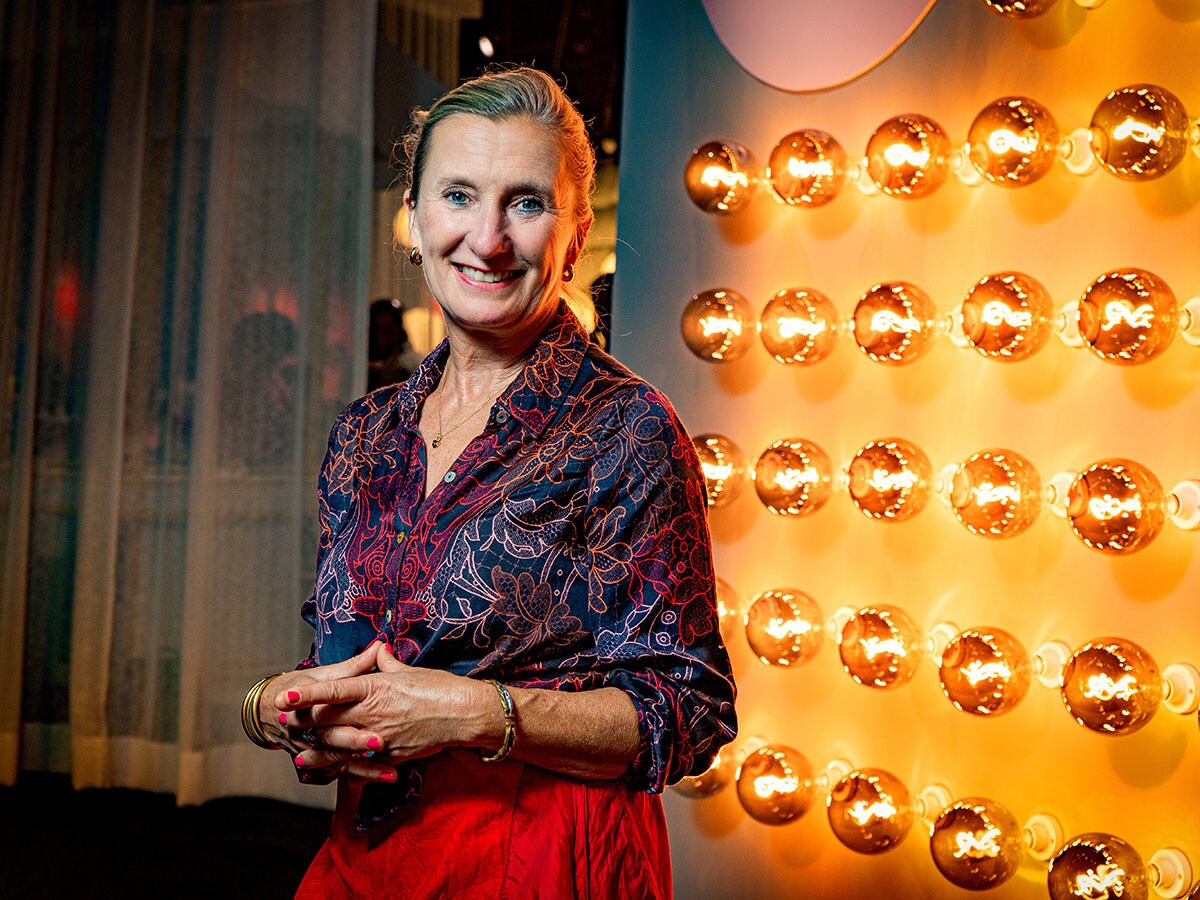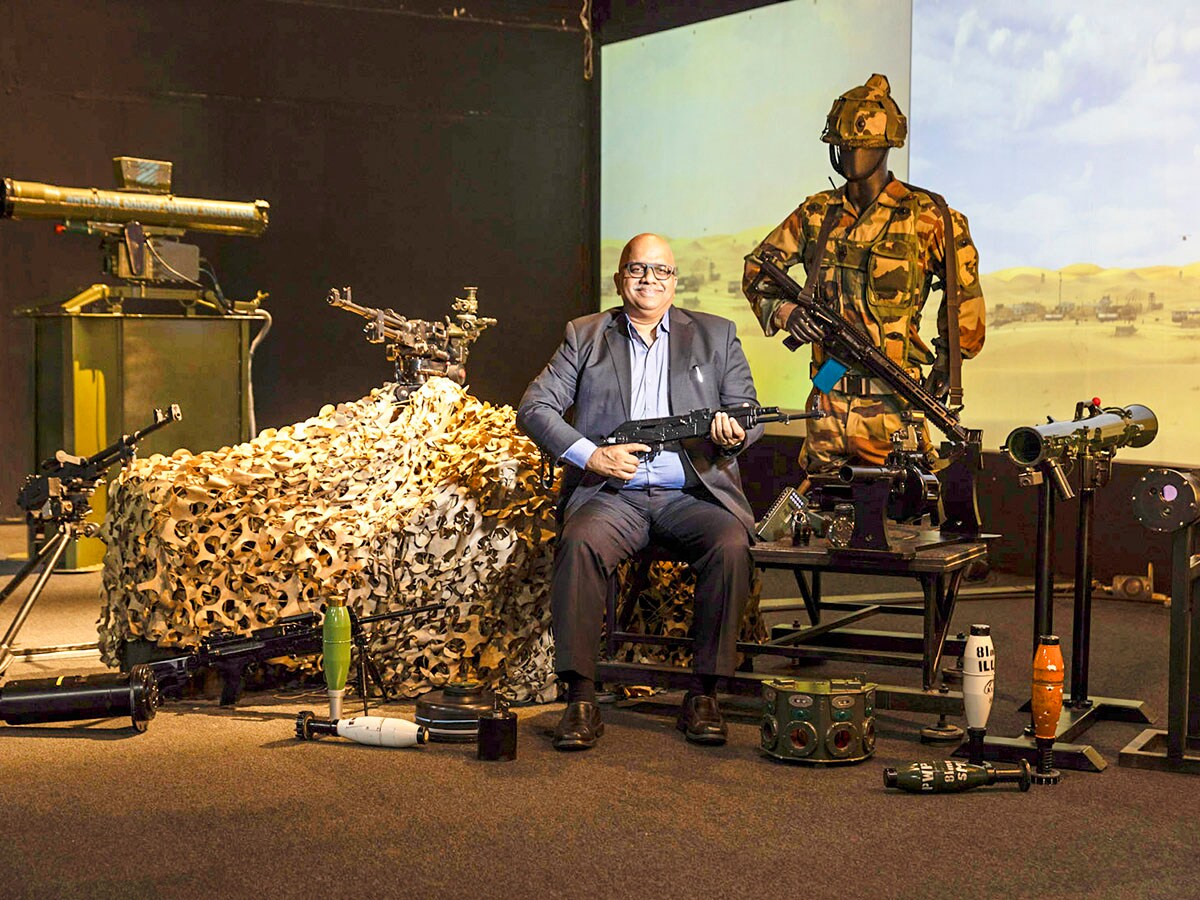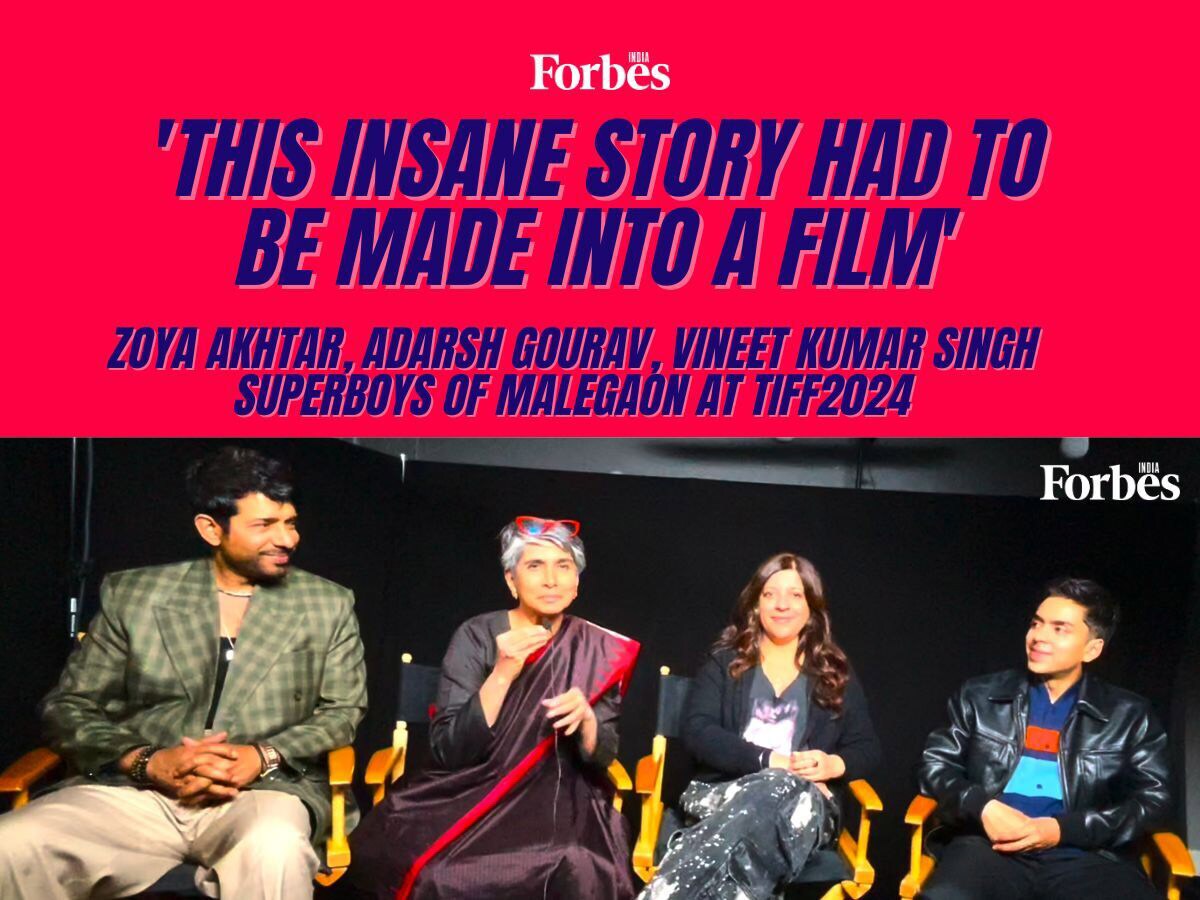From publishers Vs AI battle to 'Superboys of Malegaon' at TIFF 2024, our top st
In this week's newsletter, read more about StarAgri and Zen Technologies' rise to the top, Ikea's India story, and the chess surge in India


Amith Agarwal comes from Alwar, Rajasthan. Instead of following the traded path, he chose the second option. "Alwar was a comfort zone. I wanted to step out of it," he says. Stepped out, he did. First, to New Delhi to prepare for entrance exams, then to Mumbai for an MBA, then to Reliance for a job. Soon, this fast-paced journey became another comfort zone for Agarwal. He wanted to become an entrepreneur. In April 2006, he started StarAgri with Suresh Goyal, Amit Goyal, and Amit Khandelwal to provide integrated post-harvest management solutions. Eighteen years later, they are reaping a bountiful harvest in StarAgri, India"s largest integrated agri services platform, which is over Rs1,000 crore in revenue and profitable. This is the riveting story of their roller-coaster journey.
 Illustration Chaitanya Dinesh Surpur
Illustration Chaitanya Dinesh Surpur
A recent Accenture research suggests 44 percent of working hours across industries can be impacted by artificial intelligence--14 percent at the low end to 76 percent at the high end. Another Deloitte survey reveals that 93 percent of students and 83 percent of employees actively use technology in India. AI has become a part of life, and discussions about its effect on people have become a norm. So how are media and publications dealing with the new technology? The generative AI aspect of the technology has forced some publishers to seek legal routes and some to get in the mud with them. How does it work out for all in the end? Here are some scenarios.
 Susanne"¯Pulverer, CEO and chief sustainability officer,"¯Ikea India Image: Neha Mithbawkar for Forbes India
Susanne"¯Pulverer, CEO and chief sustainability officer,"¯Ikea India Image: Neha Mithbawkar for Forbes India
Ingvar Kamprad founded Ikea in 1943 at the age of 17, selling household goods like pens, wallets and picture frames. à„lmhult, the town where Ikea was founded, is in a remote area of Sweden, and it was challenging to reach potential customers in the bigger cities. Due to this, the Ikea catalogue was born in 1951. 80 years later, the model has changed thanks to the forever-changing dynamics of Indian consumers. The Swedish furniture giant arrived in India in 2018 with an offline store. But today, the tech-savvy Indian consumer has forced the company to think about ecommerce first. What led to this decision? What is Ikea"s India story? Here"s a look.
 Ashok Atluri, 58, chairman and managing director of Zen Technologies Image: VIkas Chandra Pureti for Forbes India
Ashok Atluri, 58, chairman and managing director of Zen Technologies Image: VIkas Chandra Pureti for Forbes India
In the beginning, soon after independence, India"s defence strength was built on weapons and systems imported from other countries. The reliance was such deep that nobody in the defence sector was willing to believe that a homebred company would have the capability to develop cutting-edge technologies on its own and bolster the efforts of Indian defence. It made the first three years miserable for Zen Technologies" founders when they started in 1993. People were using flight simulators, but nobody could imagine that a military tank simulator would also help train the soldiers. But Ashok Atluri, chairman and managing director of the company, was persistent and steadfast on his three fundamentals. Find out about these rules and how the company was able to post its highest-ever turnover and profit this year.

Artificial Intelligence is already part of our day-to-day life. It is in our homes, our offices, and increasingly in our public spaces too. Technology, including AI, “will only serve society in the best way if we have checks and balances", Verity Harding, director of the AI & Geopolitics Project at Cambridge University, tells Divya Shekhar in April. It is important, she adds, that regulators and the people building AI listen to people already vulnerable to this technology and consider diverse viewpoints. Her new book, AI Needs You, takes a historical and intersectional perspective to help us navigate and understand artificial intelligence.

Shyaam Nikhil P is the latest chess grandmaster from India. The tally now stands at 85 for a nation that only got its first Grandmaster, Viswanathan Anand, in 1988. While Anand remains an icon in the sport, the next generation, many of whom are also mentored by him, has seamlessly picked up the baton from him. In signs of a change of guard, in August 2023, 17-year-old D Gukesh toppled Anand as India’s No. 1 chess player in the live ratings for the first time in 36 years. India has emerged as a chess powerhouse. Viswanathan Anand, five-time world champion, breaks down the country"s meteoric rise in the sport for Sports UnLtd podcast.

"The cinema is, and always has been, our escape from everyday lives and our daily struggles," 50-year-old Shaikh Nasir of Malegaon told AFP in an interview. This "unemployed cinema buff" dived into the art of filmmaking with cheap rented cameras, innovative production hacks and a crew of equally enthusiastic film fanatics. Nasir"s Malegaon Ka Superman is a cult favourite film from India"s hinterlands. His passion for cinema has received its own film treatment. Producers Zoya Akhtar and Reema Kagti have made Superboys of Malegaon—a movie inspired by Nasir"s determination. In an interview with Forbes India on the backdrop of the Toronto International Film Festival, Akhtar and actors Adarsh Gourav and Vineet Kumar Singh talk about this insane story, why it had to be made into a film, and how it changed their perspective on life.
First Published: Sep 21, 2024, 10:00
Subscribe Now